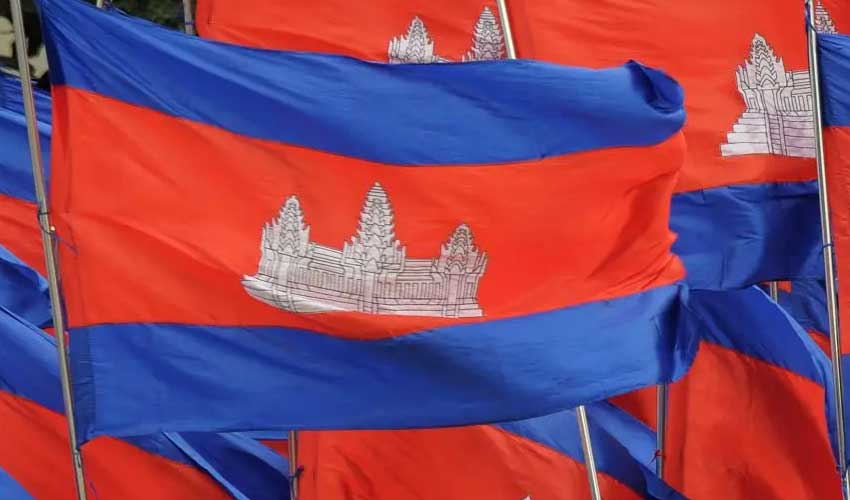Draft Law to Enforce Penalties on Denial of Atrocities
The government of Cambodia has approved a new law that imposes penalties on individuals who deny the atrocities committed during the Khmer Rouge era, marking a step towards justice for the regime’s victims.
Under the ultra-Maoist Khmer Rouge, led by Pol Pot, nearly two million people were killed between 1975 and 1979 through starvation, torture, forced labor, and mass executions.
The draft law, which penalizes those who deny these crimes, was approved during a cabinet meeting chaired by Prime Minister Hun Manet, confirmed government spokesman Pen Bona.
Pen Bona stated, “The bill stipulates the prosecution of any individual who denies or condones the atrocities committed under the Khmer Rouge.”
The crimes include genocide, crimes against humanity, and war crimes, which were prosecuted by a UN-backed court nine years ago.
The seven-article bill specifies penalties ranging from one to five years in prison and fines between $2,500 (10 million riel) and $125,000 for individuals who deny what the government terms “the bitter past.” It aims to prevent a recurrence of the Khmer Rouge’s crimes and provide justice to victims, the spokesman said.
The draft law has been announced for submission to parliament for approval, Pen Bona stated. The proposal coincided with the 50th anniversary of the Khmer Rouge’s seizure of power in April.
The initiative was reportedly introduced at the request of Cambodia’s influential former leader Hun Sen, who, in May, accused certain politicians of refusing to acknowledge the Khmer Rouge genocide and called for legal measures against them. The law is set to replace an earlier 2013 legislation, also spearheaded by Hun Sen, which criminalized the denial of Khmer Rouge crimes with sentences of up to two years.
Hun Sen, who ruled Cambodia for nearly four decades and was a former Khmer Rouge cadre, handed over the premiership to his son, Hun Manet, in 2023.
A UN-backed tribunal convicted two senior Khmer Rouge leaders of genocide in a landmark ruling in 2018, marking a significant milestone in the pursuit of justice for the regime’s victims.



